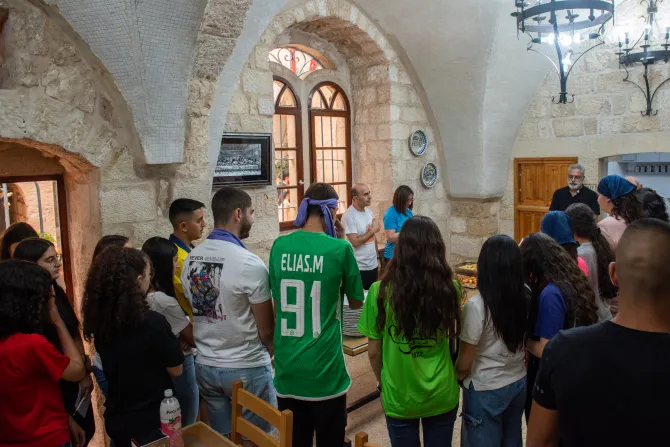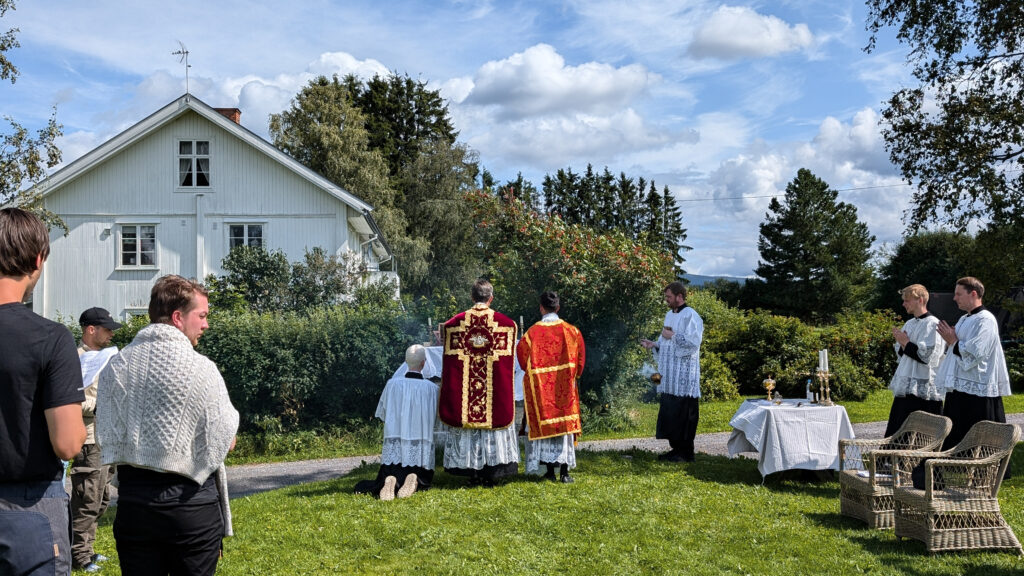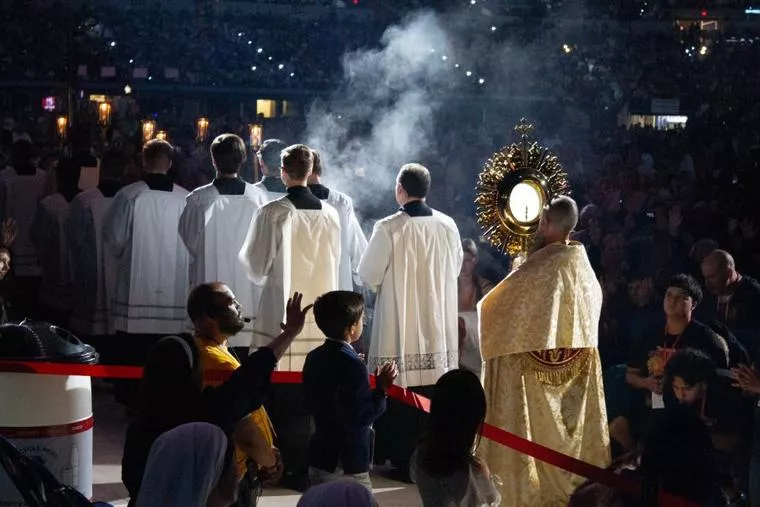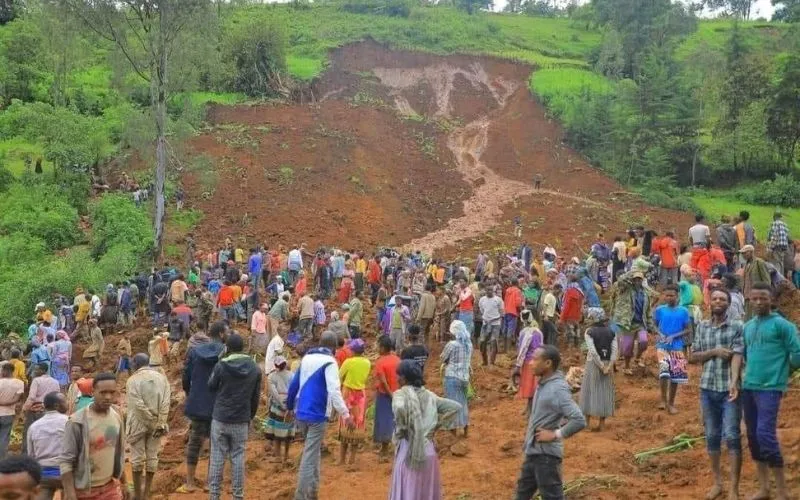Faith Amid Bombs: Priests Minister to Christians in Border Towns of Lebanon and Israel
By Marinella Bandini
On October 7, 2023, when Hamas militants attacked Israel, hostilities between Hezbollah (a Lebanese Shia Islamist political party and militant group) and Israel resumed, testing the resilience of Christian communities on both sides of the Lebanon-Israel border.
Locations such as Kiryat Shmona and Safad in Israel, and Deir Mimas and Naqura in Lebanon, are known for their turbulent history. However, these towns are also home to small Christian communities. Three dedicated priests continue to serve these communities, bringing them hope, spiritual guidance, and material aid.
Father Rody Noura, a 37-year-old Maronite priest, travels daily from Acre to visit his approximately 4,000 parishioners in northern Israel’s Jewish towns. These Lebanese Christians have been living there since May 2000, following the Israeli army’s withdrawal from Lebanon. “It is possible to move around fairly safely, although sometimes you see missile explosions,” he told CNA. “When I leave, I say to the Lord: ‘Today, too, I am going out to do Your will. Whether I return home depends on You.’”
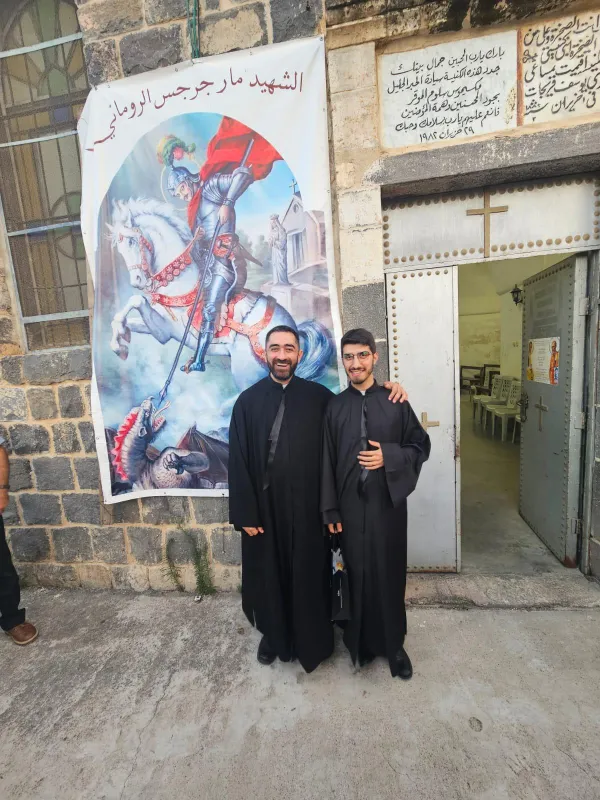
Father Sandy Habib, the 45-year-old Maronite parish priest of Jish, an Israeli Arab village near the Lebanese border, draws strength from his faith. “The belief in Jesus Christ gives me the strength to continue doing what I’m doing despite difficulties,” he said. “We need peace, justice, and love, and that’s possible only through Jesus Christ.”
In southern Lebanon, Father Toufic Bou Mehri, the 55-year-old superior of the Franciscan convent in Tyre, serves the Latin Rite faithful scattered across various villages. Every Sunday, he travels 70 kilometers to Deir Mimas, located four kilometers from the Israeli border, to celebrate Mass for the few remaining faithful. “We have never missed a Sunday,” he said.
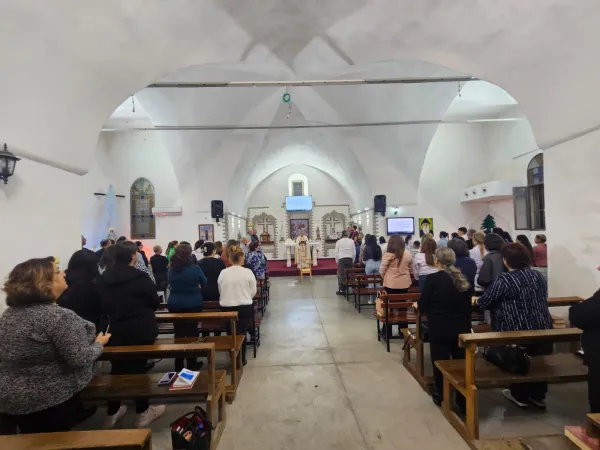
Father Noura explained that while the situation in northern Israel appears normal with people working and children attending school, underlying tensions remain. Many have relatives and friends on the other side of the border, and misunderstandings can lead to accusations of collaboration. “We pray for one another, but we try to avoid direct contact,” he said.
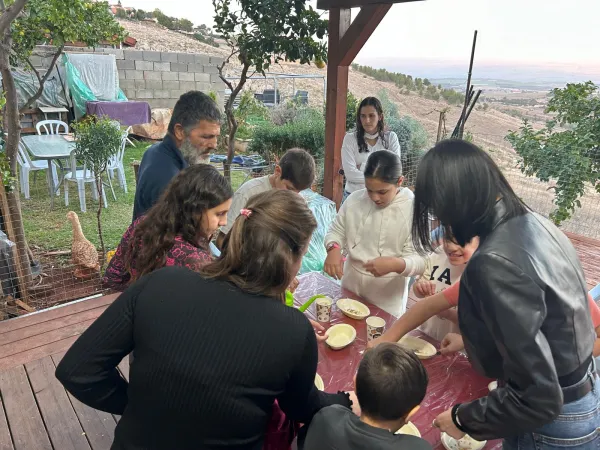
Noura visits the sick, supports families in difficulty, and assists those evacuated from high-risk areas now living in hotels. He also teaches catechism to children. “Only with Christ,” he said, “even in the midst of war, there is hope; in the midst of death, there is resurrection.” He conveys to his parishioners God’s love for humanity, a love that transformed his own life as a teenager after fleeing Lebanon for Israel.
Father Habib, who also leads a youth group from the Apostolic Movement, aims to bring the community closer to Jesus through spiritual and social activities. Despite the war, the group plans to hold a summer camp for children and adolescents. “The first months of the war, we had to stop all the celebrations inside the church and move everything downstairs,” he recounted. “We also stopped almost all activities, especially with the children. This caused some panic.” Activities have since resumed, and Habib emphasizes the importance of faith and trust in Jesus.
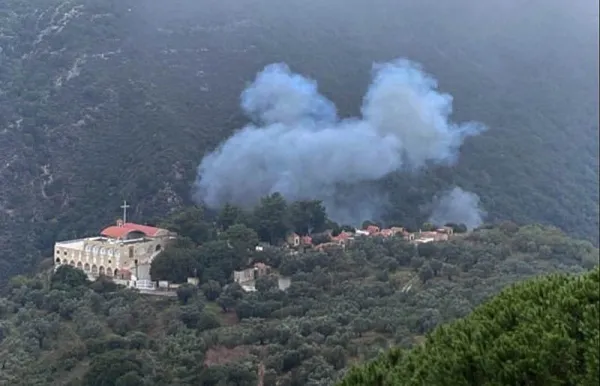
In Lebanon, Father Mehri faces significant risks traveling to Deir Mimas, with Israeli drones posing a constant threat. Of the 40 parish families that once lived in the village, only 18 remain, many unable to afford living elsewhere. “We prefer to die with dignity at home than to die of hunger elsewhere,” they say.
Every Sunday, Mehri brings food parcels and fresh vegetables, supported by the Apostolic Vicariate of Beirut and the association Pro Terra Sancta. Deir Mimas, famous for its olive oil, suffers from safety concerns that prevent people from working in the fields. Additionally, Hezbollah militants sometimes use these fields to launch missiles.
Despite these challenges, Mehri continues his ministry, delivering Mass and sacraments to his parishioners. “People call me ‘father.’ To live as a parish priest, I can’t lose this bond of fatherhood. They are my children. I can’t leave them without Mass and sacraments; I can’t leave them alone.”
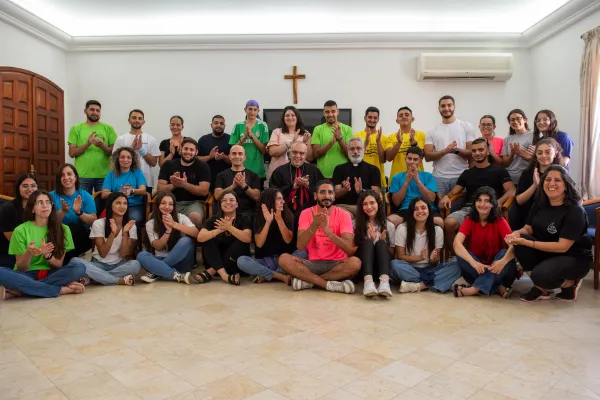
The DDF stressed that while it affirmed the bishop’s recognition of the spiritual experience at the shrine, it should be in no way construed as a judgment of the supernatural quality of the alleged apparitions of “Our Lady of the Rock.” The letter is signed by DDF prefect Cardinal Víctor Manuel Fernández and was approved by Pope Francis in a July 5 audience.
The Marian shrine in Santa Domenica, a tiny village in the Italian region of Calabria, was built around a boulder, the site of Mary’s alleged appearances to 18-year-old Cosimo Fragomeni from May 11–14, 1968, as he was returning home from working in the fields. Officially constructed in 2016, the sanctuary has come to be known locally as “the little Lourdes of Calabria” and has seen an ever-growing number of pilgrims and visitors, many of whom come seeking physical healing.
Fragomeni is still living and has recounted his alleged mystical experiences in approximately 30 letters. He receives visitors for brief personal meetings twice a week.
The DDF instructed the local bishop, who has jurisdiction over the shrine, to be clear in his decree that approval of the spiritual activity of the shrine does “not imply any judgment — either positive or negative — on the lives of the persons involved in this case” and any further messages from the seer should be made public only with his approval.
The Vatican’s doctrinal office confirmed the “nihil obstat” judgment of the diocesan bishop given that, as he informed them, “no critical or risky elements have emerged, much less problems of obvious gravity” at the alleged Marian apparition site, but “instead, there are signs of grace and spiritual conversion.”
According to the May 17 norms, a “nihil obstat” judgment means: “Without expressing any certainty about the supernatural authenticity of the phenomenon itself, many signs of the action of the Holy Spirit are acknowledged ‘in the midst’ of a given spiritual experience, and no aspects that are particularly critical or risky have been detected, at least so far.”
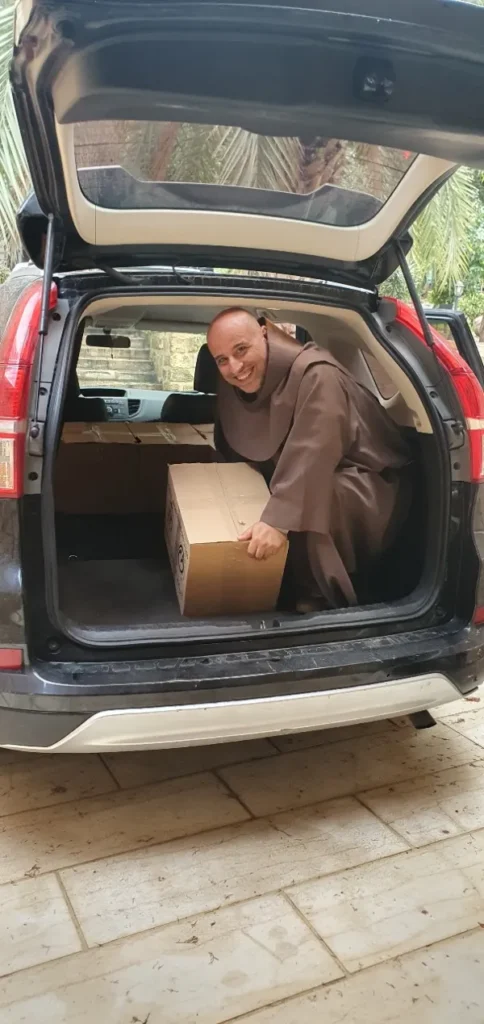
In its letter, the DDF quoted Oliva’s letter to the dicastery, which explained that “the fruits of Christian life in those who frequent the Rock [i.e., the shrine] are evident, such as the existence of the spirit of prayer, conversions, some vocations to the priesthood and religious life, testimonies of charity, as well as a healthy devotion and other spiritual fruits.”
“In the secularized world in which we live, in which so many spend their lives without any reference to transcendence, the pilgrims who approach the Shrine of the Rock are a powerful sign of faith,” the DDF’s letter said. “Their presence before the Virgin, who for them becomes a clear expression of the Lord’s mercy, is a way of acknowledging their own inadequacy to carry out the labors of life and their ardent need and desire for God,” it continued.
“In such a truly precious context of faith, a renewed proclamation of the kerygma can continue to enlighten and enrich this experience of the Spirit.”

